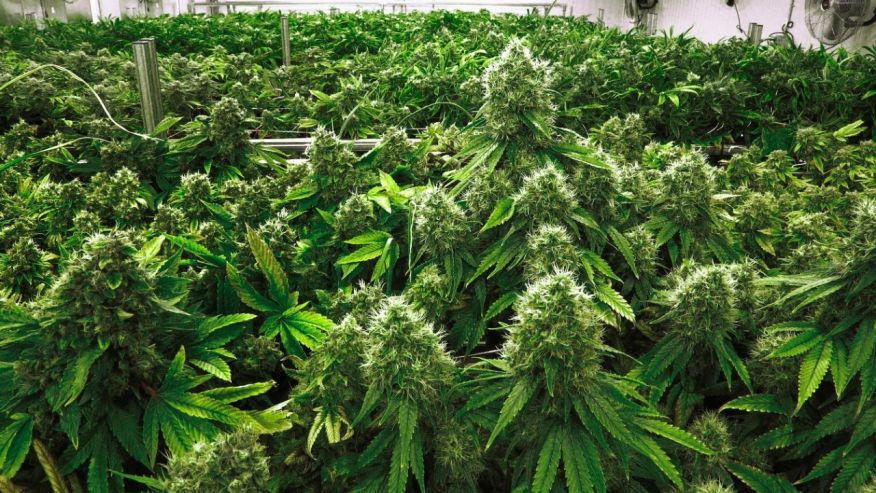Marijuana: Health, safety of residents should come first (Calif)
 San Diego Union-Tribune 8 March 2017
San Diego Union-Tribune 8 March 2017
Family First Comment: A very good commentary on the effects of legalising marijuana – from people who know:
• “the voters did not bargain for increased visits to emergency departments, exposure to children and newborns, drugged drivers, increased homelessness, crime, suicides and work force impact related to marijuana.
• “The legal changes for marijuana are a result of brilliant campaign and marketing by the multibillion-dollar marijuana industry.
• “over the years, compassionate care has evolved into full-scale marijuana commercialisation.
• “The public must understand that the word “medical” in “medical marijuana” is political and not scientific. People who have marijuana cards know that it’s a card for law enforcement and not for their doctor. To prescribe any medication, a doctor needs to do an exam, a physical, consider drug interactions, risks and benefits, and then prescribe a known dose. The medicine that is prescribed needs to have quality control measures for set milligram dosages and possible contaminants.
#saynopetodope
Californians want compassionate use of marijuana. Californians do not want pot smokers to go to jail. That was the message voters sent to Sacramento in 1996 with Proposition 215, the Compassionate Use Act, and in 2016 with Proposition 64, the Adult Use of Marijuana Act. While we agree with the concept of compassion and decriminalization, the voters did not bargain for increased visits to emergency departments, exposure to children and newborns, drugged drivers, increased homelessness, crime, suicides and work force impact related to marijuana.
The legal changes for marijuana are a result of brilliant campaign and marketing by the multibillion-dollar marijuana industry. But it is the duty of the San Diego County Board of Supervisors to protect our community and consider the public safety and health implications of the marijuana industry.
Unfortunately, over the years, compassionate care has evolved into full-scale marijuana commercialization. Advertising high-THC content products like candy and soda, buy-one-get-one-free, bring a friend and happy-hour dispensary marketing are all profit-driven strategies. Marijuana in the 1960s contained 3 percent THC, the psychoactive ingredient in marijuana. Today’s marijuana plants are genetically modified for up to 25 percent THC and have resulted in an increasing public health problem.
The public must understand that the word “medical” in “medical marijuana” is political and not scientific. People who have marijuana cards know that it’s a card for law enforcement and not for their doctor. To prescribe any medication, a doctor needs to do an exam, a physical, consider drug interactions, risks and benefits, and then prescribe a known dose. The medicine that is prescribed needs to have quality control measures for set milligram dosages and possible contaminants.
Every day in every emergency department in San Diego, a person is treated with marijuana poisoning. We have experienced a tenfold increase in marijuana-related emergency visits from 2004 to 2014. A cancer patient bought a marijuana brownie to help his nausea but ended up in the emergency room with chest pain. A patient with migraine headaches fainted and suffered a significant head injury after eating marijuana gummy bears she took for her migraines. A tourist was simply trying to have a good time with friends when he called 911 with severe paranoia, thinking he was going to die after smoking marijuana. Code trauma is activated after a driver high on marijuana caused a three-car pile up on the interstate. Marijuana currently has no regulation, and people have no idea what they are smoking or eating.
Lev, M.D., is chief, Scripps Mercy Hospital San Diego Emergency Department and chair of San Diego Emergency Medicine Oversight Commission. Stevens is executive director, Community Action, Service & Advocacy/CASA.
READ MORE: http://www.sandiegouniontribune.com/opinion/commentary/sd-utbg-marijuana-ordinance-ban-20170308-story.html






